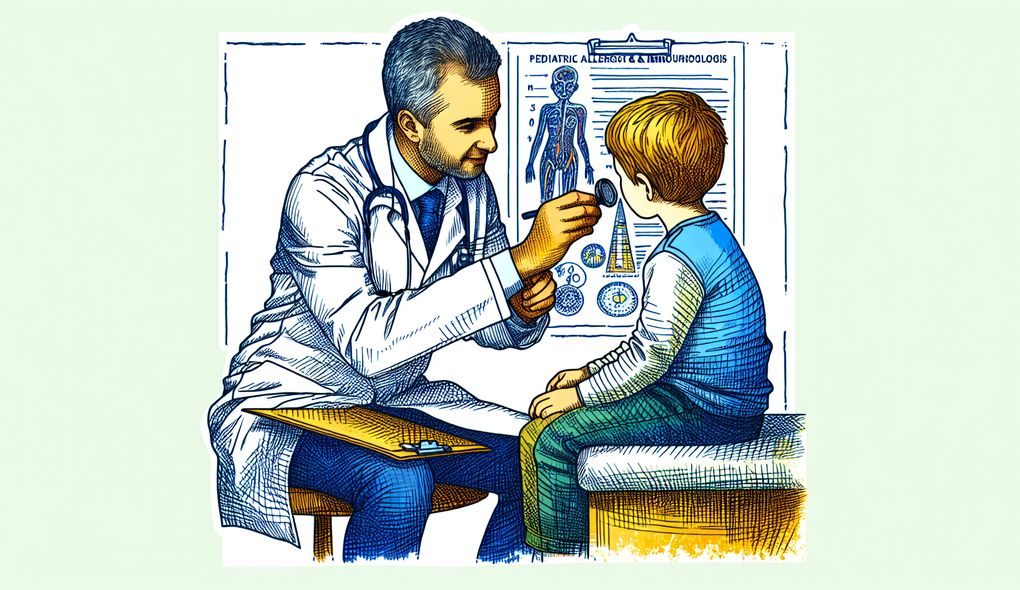How do you prioritize patient care when faced with a busy schedule?
SENIOR LEVEL

Sample answer to the question:
When faced with a busy schedule, prioritizing patient care is crucial to ensure that each patient receives the attention they deserve. To do this, I start by assessing the urgency and severity of each patient's condition. I prioritize patients who require immediate attention or have life-threatening conditions. I also consider the impact of delayed care on each patient's health and well-being. Additionally, I communicate with my team to identify tasks that can be delegated or shared to create more time for patient care. Finally, I utilize time management strategies, such as setting realistic expectations for appointment durations and creating buffers between appointments, to ensure that I have enough time to provide thorough and comprehensive care to each patient.
Here is a more solid answer:
Prioritizing patient care in a busy schedule requires a combination of effective time management, communication, and teamwork. Firstly, I assess the urgency and severity of each patient's condition to prioritize care accordingly. For example, if a patient has a life-threatening condition, I ensure that they receive immediate attention. Secondly, I utilize time management strategies to create enough time for patient care. This includes setting realistic expectations for appointment durations and creating buffers between appointments to account for unexpected delays or emergencies. Thirdly, I maintain open and proactive communication with my team to ensure that we are all on the same page. This includes discussing patient priorities, delegating tasks, and collaborating to make efficient use of our resources. By working together as a team, we can ensure that every patient receives the attention and care they need, even in a busy schedule.
Why is this a more solid answer?
The solid answer expands on the basic answer by providing specific examples and details. It emphasizes the importance of effective time management, communication, and teamwork in prioritizing patient care. It also highlights the need for open and proactive communication with the team to optimize resource utilization. The answer could be further improved by providing more examples of specific time management strategies and teamwork approaches.
An example of a exceptional answer:
When faced with a busy schedule, prioritizing patient care is crucial, and I have developed several strategies to ensure that no patient falls through the cracks. Firstly, I utilize an electronic medical record system that allows me to easily track and prioritize patient needs. I categorize patients based on the urgency of their conditions and utilize color coding to visually highlight high-priority cases. This helps me quickly identify and address urgent cases. Secondly, I engage in efficient multitasking by combining tasks that can be done concurrently. For example, while waiting for test results, I use that time to talk to other patients and address their concerns. This allows me to make the most of my time and provide care to multiple patients simultaneously. Additionally, I have established strong relationships with my support staff, such as nurses and medical assistants. We communicate regularly to streamline workflows, delegate tasks, and ensure that patient care is not compromised. By leveraging technology, multitasking effectively, and fostering teamwork, I am able to prioritize patient care and deliver exceptional quality even in a busy schedule.
Why is this an exceptional answer?
The exceptional answer goes above and beyond by providing innovative strategies and specific details. It highlights the use of technology, such as an electronic medical record system, to streamline prioritization and efficient multitasking. It also emphasizes the importance of strong relationships with support staff to optimize teamwork and delegate tasks. The answer sets a high standard for prioritizing patient care in a busy schedule.
How to prepare for this question:
- Review your time management skills and consider how you have prioritized tasks in previous work experiences.
- Think about how you have effectively communicated with teams or colleagues to ensure efficient coordination and patient care.
- Reflect on any technology or tools you have used to streamline processes and improve productivity.
- Consider examples of situations where you had to prioritize patient care in a busy schedule and what strategies you employed to ensure quality care.
- Research current trends and best practices in time management and patient prioritization to stay updated.
- Practice answering this question in a clear and concise manner, focusing on providing specific examples and demonstrating your ability to handle a busy schedule while prioritizing patient care.
What are interviewers evaluating with this question?
- patient care
- time management
- communication
- teamwork

